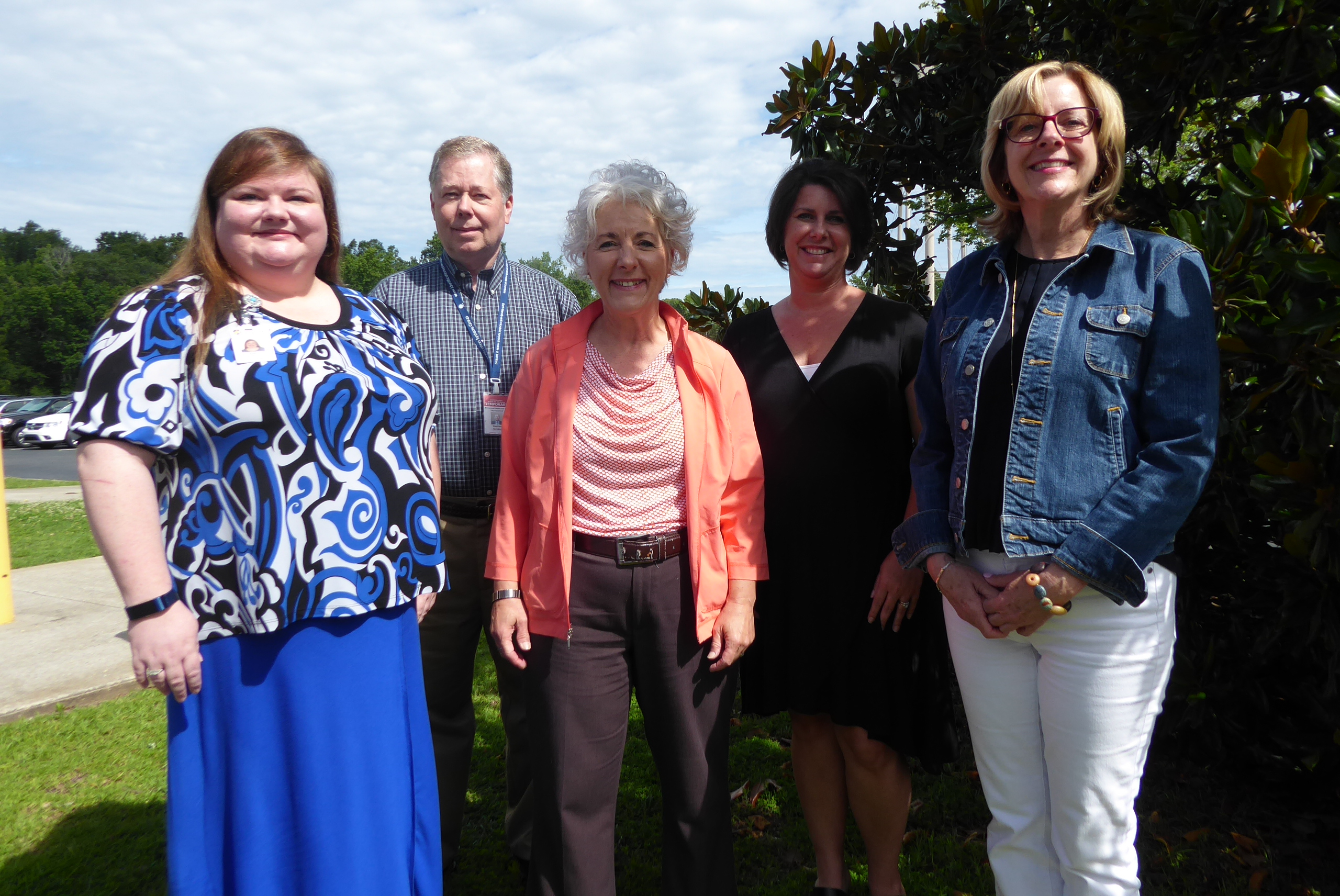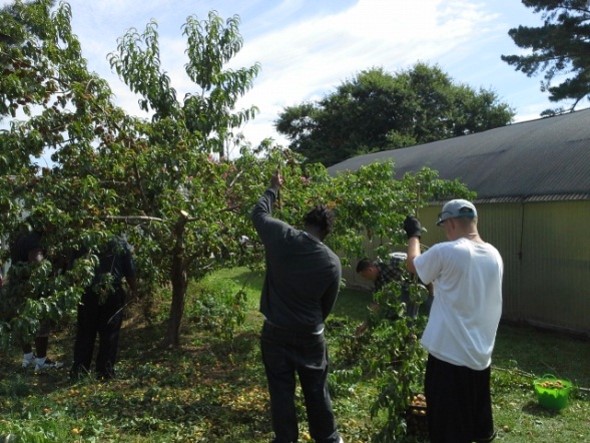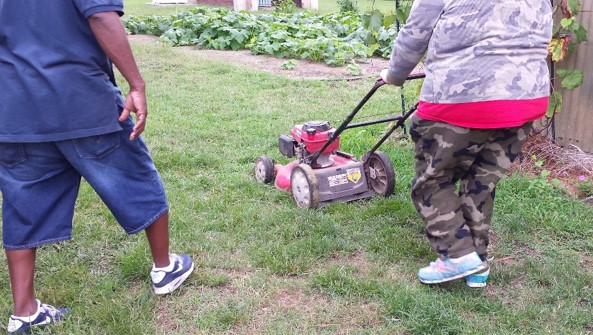Greetings! It’s finally Fall, even if it doesn’t feel like it outside. While it may still be a while before we have sweater weather, this is the season when we start reflecting on the past year and drawing closer to our family and friends. It’s also the time when we think more about giving. And it’s time once again for Georgia’s annual State Charitable Contributions Program (SCCP). This year’s theme is, Shaping Our Future Through Giving.
In addition to the honor of serving as your Commissioner, I am privileged to serve as Chair of the 2018 campaign. I have embraced this role with enthusiasm because of one known truth: our team at DBHDD is generous. Every day, I see you serving people and demonstrating kindness in both large and small ways. I am proud to work alongside you, and I want to extend my heartfelt appreciation for your tireless service to our state and the people who live here, our neighbors.
In my role, I am able to connect with thousands of public servants across Georgia and witness the difference each person makes. The work of DBHDD touches thousands of lives, and yet so many more in Georgia have unmet needs that can be supported by local and statewide charities.
As SCCP Chair, I am counting on our team. For DBHDD employees, who already do so much for the people we serve, this is an opportunity to extend our goodwill further throughout Georgia and the world. We know that Georgians count on us each day to deliver essential services in all corners of the state. Our work is challenging, and also rewarding, and it is easier to make progress when our economy is strong, and people are optimistic about the future.
So I ask you, please. Please consider contributing. Even a dollar per pay period can make a real difference to someone who needs it. Please join me in setting a goal of 100% participation by DBHDD employees. No amount is too small for you to be a part of this important effort.
If you are ready to make the commitment, simply click this link through October 31, and follow the prompts. You will see how easy it is to select organizations or causes of your choice, and let them know that you value their work with your giving. Your contribution matters.
Inspired by Robert T. Bennett, a small act of kindness can light a candle in the darkest moments of someone else’s life. Thank you for your support. I look forward to joining you as together we kindle the flame of generosity.
Sincerely,
Judy Fitzgerald
Commissioner of DBHDD and Chair of the 2018 State Charitable Contributions Program
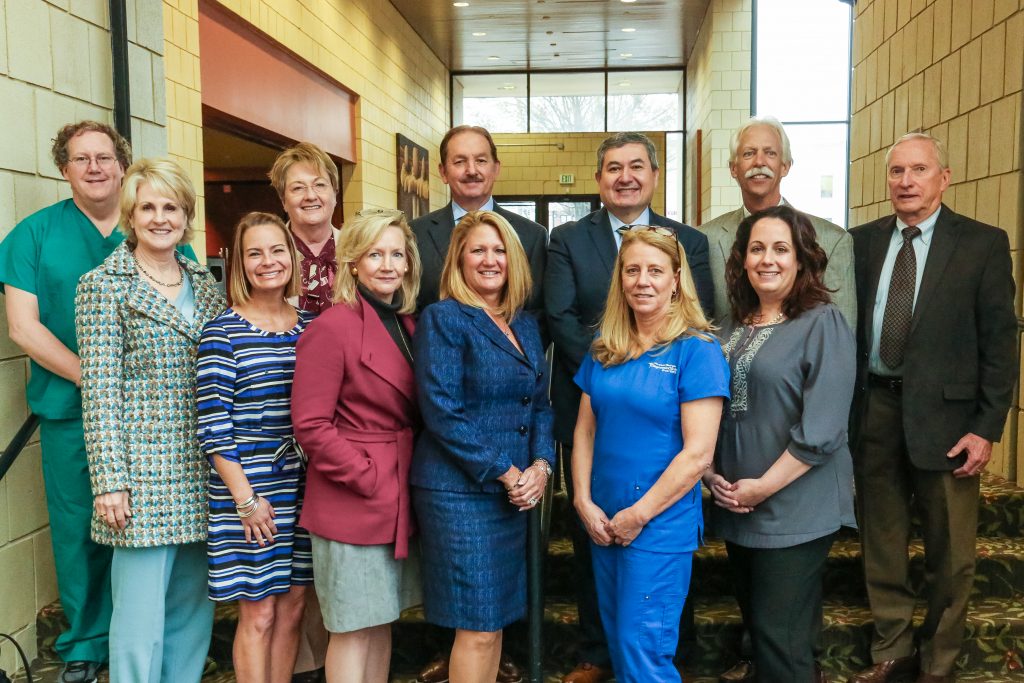
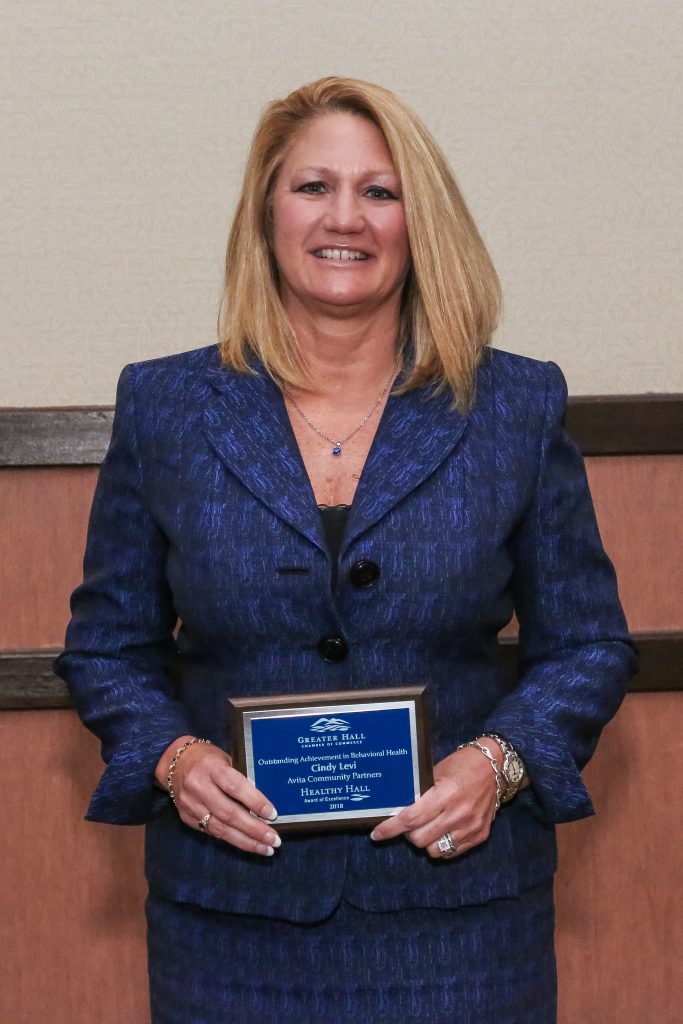
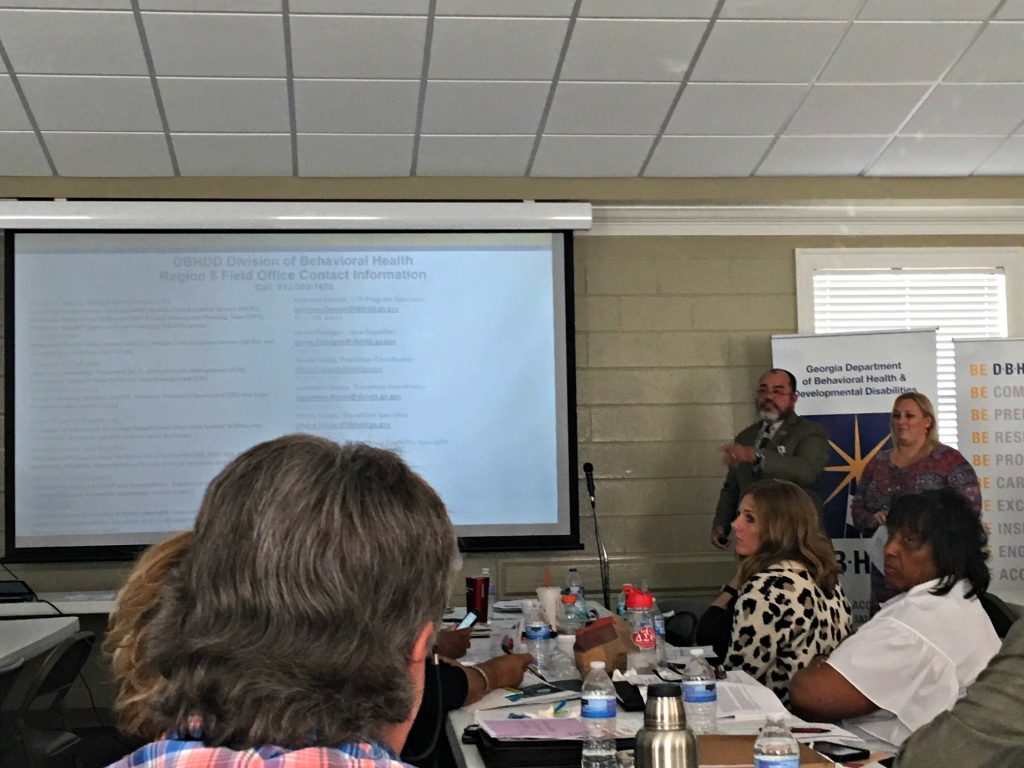
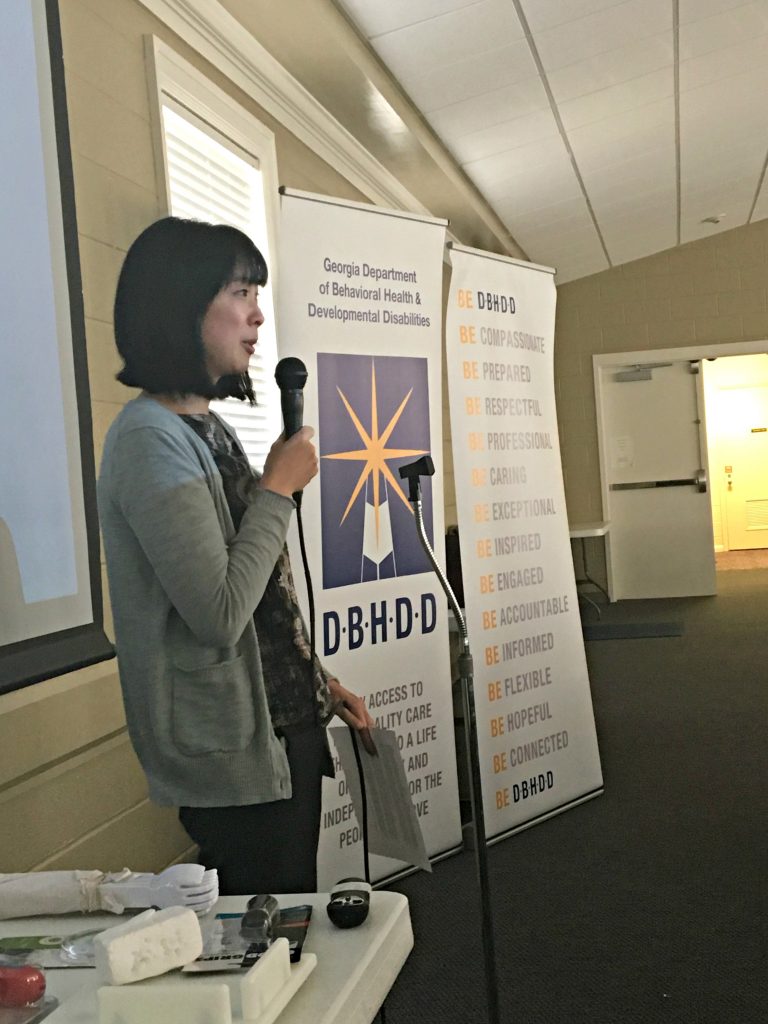
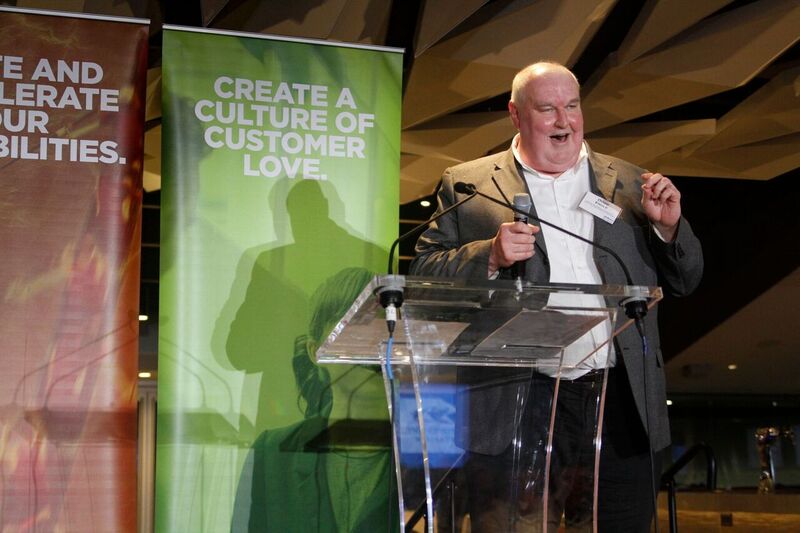 Customer love fuels Slalom’s day to day and speaks to a two-way relationship that can impact all involved on both a professional and personal level. Because of customer love, Slalom consultants are excited to go to work and their clients like working with them. Slalom had a long history of celebrating their internal accomplishment and their people, and the time came for them to celebrate those clients that bring out the best in Slalom. So they thought it was only fitting to recognize their clients that best support them in creating a culture of customer love.
Customer love fuels Slalom’s day to day and speaks to a two-way relationship that can impact all involved on both a professional and personal level. Because of customer love, Slalom consultants are excited to go to work and their clients like working with them. Slalom had a long history of celebrating their internal accomplishment and their people, and the time came for them to celebrate those clients that bring out the best in Slalom. So they thought it was only fitting to recognize their clients that best support them in creating a culture of customer love.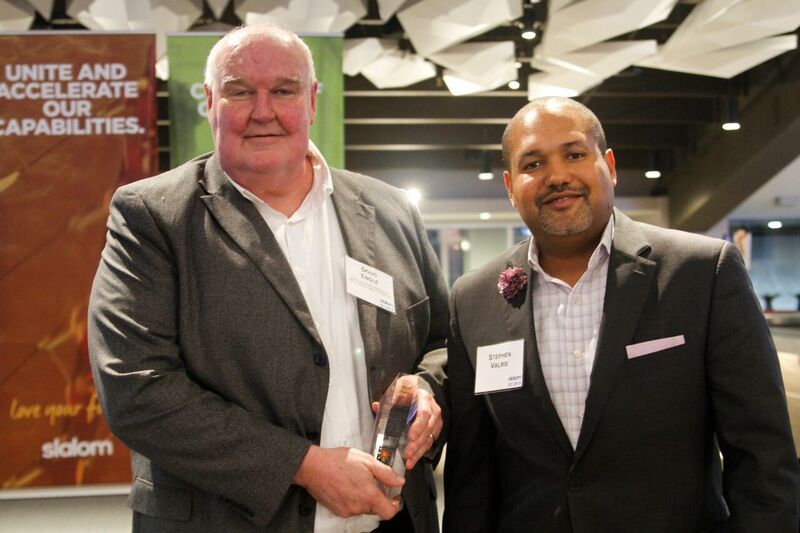
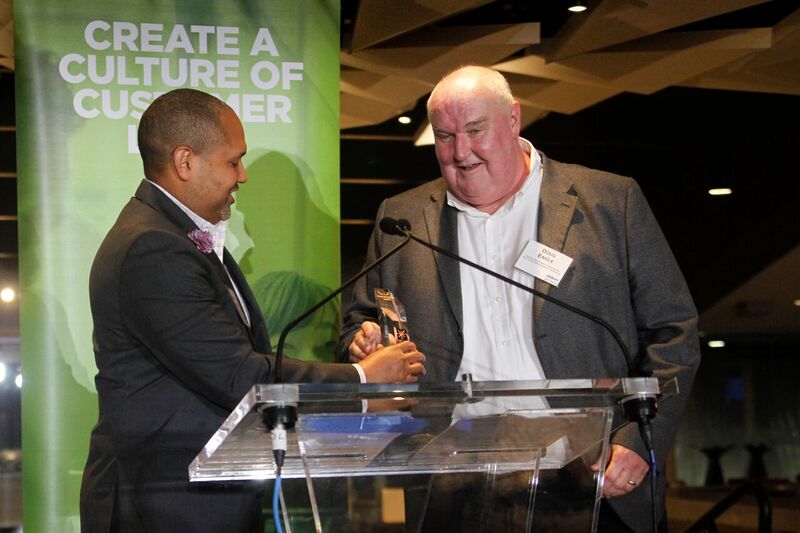
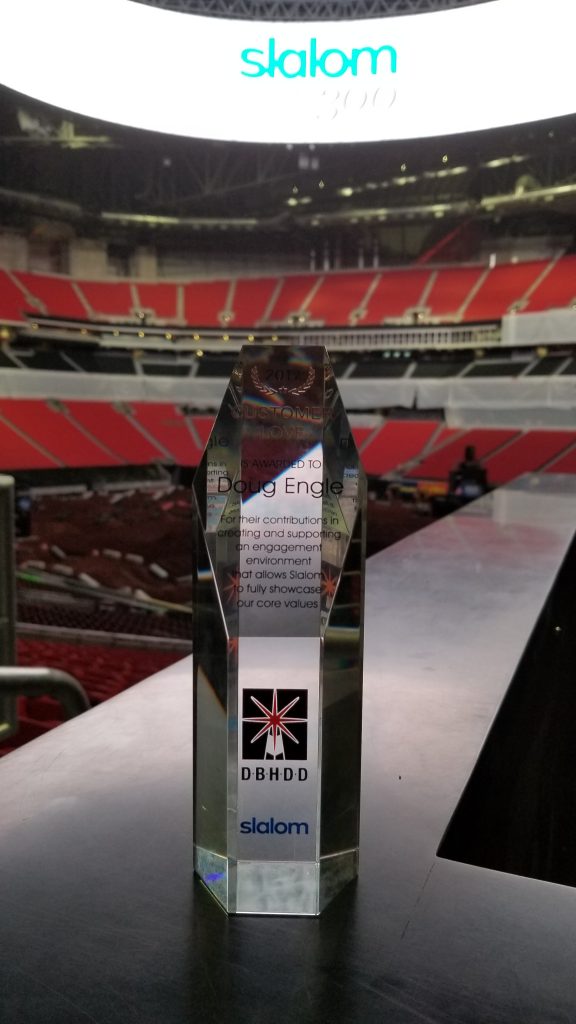
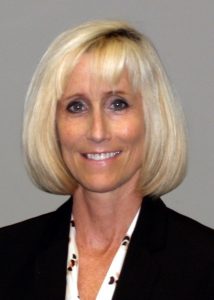 2018 is off and running. Between budget and legislative activities, and our ongoing system-wide transformation, we continue to drive toward the end of the ADA Extension Agreement, scheduled for June 30, 2018. As we focus on these significant strategic priorities, I wanted to take a pause and revisit our “WHY?”. Why do we embrace our challenging mission to serve some of Georgia’s most vulnerable citizens?
2018 is off and running. Between budget and legislative activities, and our ongoing system-wide transformation, we continue to drive toward the end of the ADA Extension Agreement, scheduled for June 30, 2018. As we focus on these significant strategic priorities, I wanted to take a pause and revisit our “WHY?”. Why do we embrace our challenging mission to serve some of Georgia’s most vulnerable citizens?
